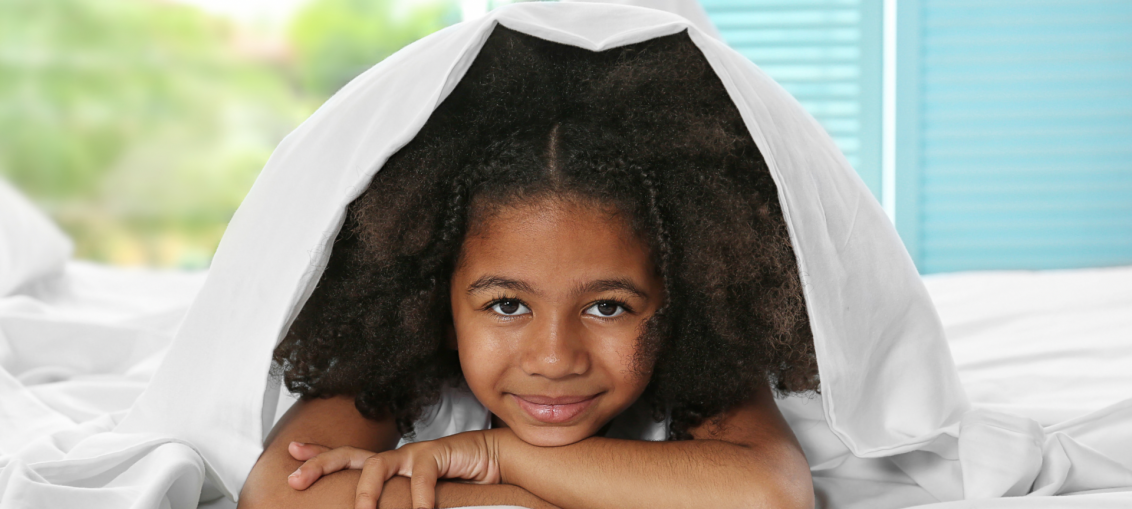
“The ongoing pandemic is changing nearly every aspect of families’ lives – including children, whose normal routines have been upended. As a parent and former teacher, I found myself looking for ways to help my kids as they, like many others, struggled with catching up on missed work and adjusting to a new normal. Luckily, there are many online tools and resources such as Brainly we can turn to for support,” says Patrick Quinn, Parenting Expert at Brainly.
Here are Quinn’s top four tips for helping manage anxiety in children:
Take care of your three pillars of physical wellness: nutrition, sleep, and exercise. Not making time to adequately care for yourself increases the risk of burnout, and while these pillars of physical wellness may seem like a “no brainer,” you’d be surprised how many parents don’t place enough importance on them and their connection to burnout. Consistent, high-quality sleep improves virtually all aspects of health, which is why it is even more worthy of our attention during the coronavirus pandemic.
Share your experiences and connect with other parents and friends. “One of my biggest pieces of advice to help parents overcome pandemic burnout is to connect with friends. That is something that often goes by the wayside when parents are struggling because when they’re working and raising children, they feel like there’s no time. However, it’s absolutely crucial for parents to connect with friends and share their experiences in order for them to maintain their emotional health,” says Quinn. Research shows that spending time with friends triggers the release of the feel-good hormone oxytocin. While social distancing rules may make it difficult to get together in person, FaceTime, Zoom, or even an old-fashioned phone call can still help. Using Brainly to connect with other parents and students alike creates camaraderie, and shared thinking is a great way to connect with others in an increasingly digital world.
Ask your kids questions, instill boundaries, and provide support to each other when needed. “Talk with your children about what they are learning in school and doing on their computers and phones, and decide if any limitations or oversight measures are called for,” says Quinn.
Make it a priority to spend quality time with your kids and be generous with your affection. While we need to ensure our children are learning, it’s also important that we are monitoring and supporting their mental and emotional health during a time of acute stress and anxiety. What if instead of burning ourselves out, we could make the most of this time home with our children? What if we could cherish the opportunity to all learn, work, create, and play under one roof while finding new ways of doing so at the same time? In addition, Quinn adds: “Across species, physical comfort is a powerful way to manage stressful events. As much as your sheer quantity of family time might not make extra squeezes or hand-holding automatically appealing, that’s often exactly what kids need to manage big emotions that are simmering under the surface.”
